
Sometimes it feels like most advertising and advertising advice is aimed at “sexy” products. Stuff people want to buy and like talking about. Fashion, beer, cars, technology, food, sports equipment, etc.

And that leaves Ugly Duckling Businesses — those selling unsexy stuff people have to buy and never want to talk about — wondering how to brand. One go-to solution is to brand you, the owner. Your industry might not be inherently interesting to customers, but you are. Yes, even if you wouldn’t consider yourself to be “interesting.” There is a catch, though. The catch is vulnerability. You have to come off as real and genuine in your ads, and the key to that is self-disclosure. Disclosure about your human vulnerabilities involving sacrifices, losses, dashed hopes, painful lessons, struggles, embarrassing moments of clarity or disillusionment. And I’m about to show you the best way to pull that off in your advertising.
Self-Disclosure and Origin Stories
I’m a huge proponent of Origin Stories. I’ve never seen them fail to work magic for clients. Also, they tackle the toughest and thorniest problems facing advertisers — especially Ugly Duckling Businesses:
- Getting people to want to listen to your ad
- Getting people to believe in you and your mission, and
- Differentiating and decomodifying your business when it’s impossible to make unique claims.
So, yes, I often feel that Origin Stories are the answer. Heck, I’m even teaching an online course on how to write your origin story. [Fun Fact: readers of this post can get 30% off the course. Note that it can’t combine with alumni discounts. Just use the coupon code: jeffsentme]But back to the relationship between Origin Stories and self-disclosure…In looking at what makes Origin Stories as powerful as they are, a few themes pop-up, and one of them is self-disclosure about vulnerable and deeply meaningful moments. A good origin story will reveal three crucial things about you:
- Who you are as a person
- Your superpowers and how you got them
- What mission you’re on and why your committed to it
Most people focus on superpowers since they believe it’s superpowers that define a superhero and it is business superpowers that’ll convince someone to hire you instead of someone else. But those people are wrong. Superpowers are important, of course. But they’re not what defines a superhero. Supervillains have powers too. Mission defines heroes, not powers. So does that make mission the most important element of an Origin Story? I used to think so. And in many moments I still do. But the best missions are inextricably linked to character. They can’t be separated from who you are as a person. And that makes the “humanity” element of the Origin Story the most important part. This is why commitment to mission almost always comes from a moment of vulnerability rather than a moment of strength. A moment of vulnerability that inevitably defines you as a person as a well as a business owner.
The Psychology of Self-Disclosure and Relationships
The sense of relationship — of shared ties, liking, and trust — is dramatically accelerated by self-disclosure. There are other things you can do to create a sense of relationship, of course. Shared hardships or struggles along with shared accomplishments, come to mind as go-to means of forging stronger, closer relationships. But since you can’t gather up your audience and take a ropes course or hike the Camino de Santiago together, or become war buddies, self-disclosure remains your best bet when it comes to advertising. Instinctively we know that self-disclosure — sharing — creates closeness. But it took science to quantify just how powerful self-disclosure is in relation to other factors such as length of relationship, shared values, etc. Ever heard of Art Aron and his 36 Questions?Those 36 Questions have become famous over the last 20 or so years. Arthur Aron is a psychologist at the Interpersonal Relationships Lab at Stony Brook University. And the 36 questions were part of his experiment, titled “The Experimental Generation of Interpersonal Closeness,” first published back in 1997. In the study, college students taking a psychology class volunteered to be paired up with another student and to ask each other 36 intimacy-building questions. The questions were divided into three sections, with each section increasing the amount of self-disclosure required, moving from:
- “For what in your life do you feel most grateful?” to
- “What is the greatest accomplishment of your life?” to
- “When did you last cry in front of another person?” to
- “If you were to die this evening with no opportunity to communicate with anyone, what would you most regret not having told someone? Why haven’t you told them yet?”
Following these questions, the students were asked to rate their closeness with their partner, and the results were shocking. These students started out as strangers or people of the barest acquaintance, and by the end of the questions, they rated their relationship with their survey partner as among the most intimate of their social circle. Since then, even the New York Times has covered these questions twice, calling them: “The 36 Questions that Lead to Love” That’s the power of self-disclosure.
You don’t have to outrun the bear
Think about the kind of things you’d normally reveal in an Origin Story, such as formative moments, struggles and sacrifice, your emotional mission in life, etc. All of these things can help establish your mission and superpower in the minds of the audience. But more importantly, they help draw you into relationship with the audience based on your shared humanity. After all, which do you think would bond an audience to you more? The kind of self-disclosure required of an Origin Story, or the kind of chest-thumping claims, or weasel words usually found in ads? Because when it comes to bonding with customers, you don’t have to equal their closest relationships. You just have to have more of a bond with them than your competitors. As with the proverbial guys in the woods being chased by a bear, you don’t have to outrun the bear, you just have to outrun the other guy. This is especially true with service-based business.
Why Connection Matters More for Service Businesses
Think about the amount of times you chose a service provider — insurance salesman, realtor, lawyer, massage therapist, auto mechanic, plumber — based on the merest puff of a connection. You knew them from the gym, or your brother coached little league with them, or a mutual acquaintance recommended them. Why would we weigh that connection so heavily in our choice? Because some connection always beats no connection when it comes to services. We might not care so much who we buy packaged goods from. “Crazy Eddie” has amazing deals on furniture? Cool! Let’s check it out. But we care very much who delivers services and who we let into our homes. There are no “Crazy Eddie” Lasik services, law firms, or AC companies. So if you’ve got an Ugly Duckling Business, consider Origin Stories and strategic self-disclosure a form of Advanced Branding capable of supercharging your results.

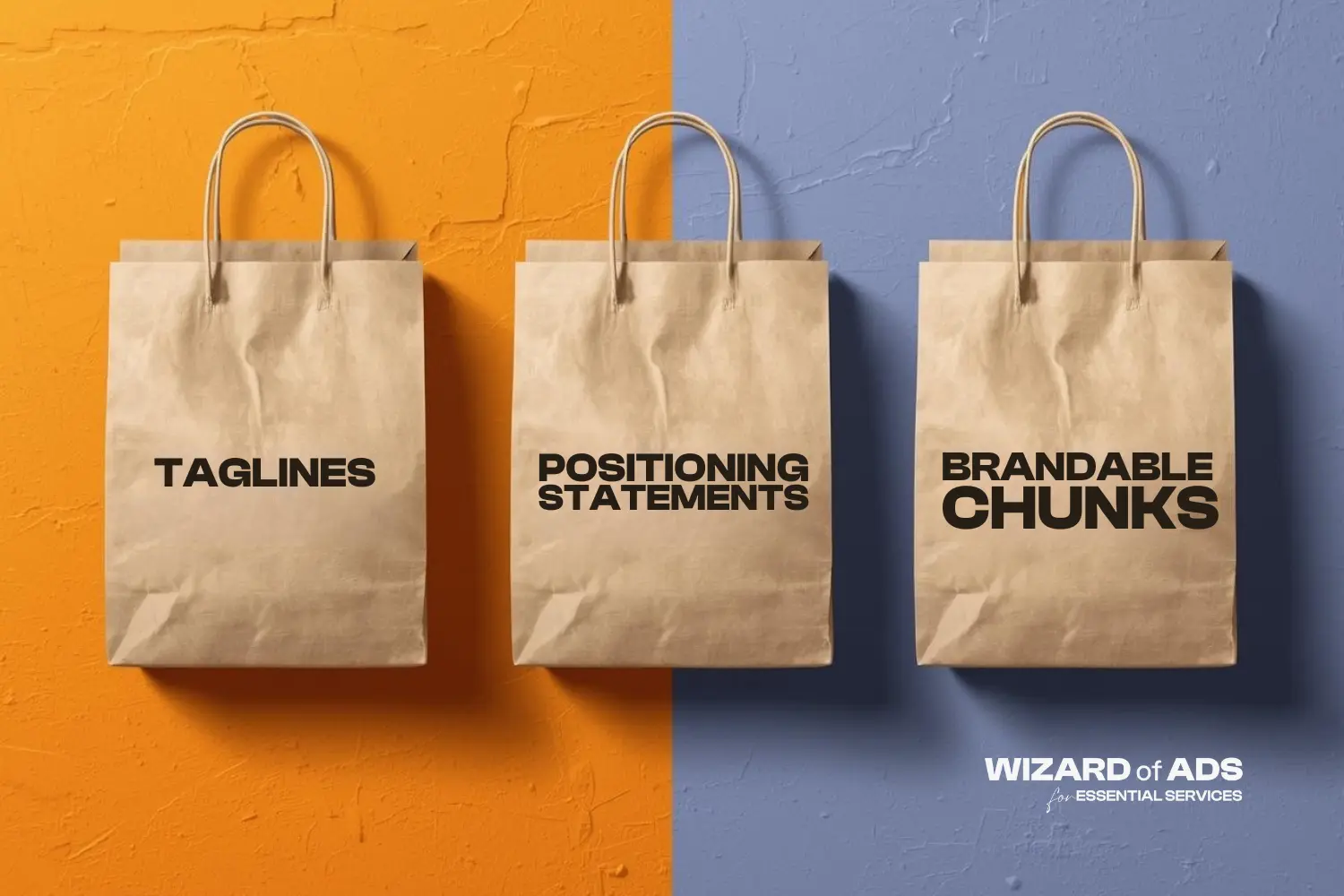
.webp)
.webp)
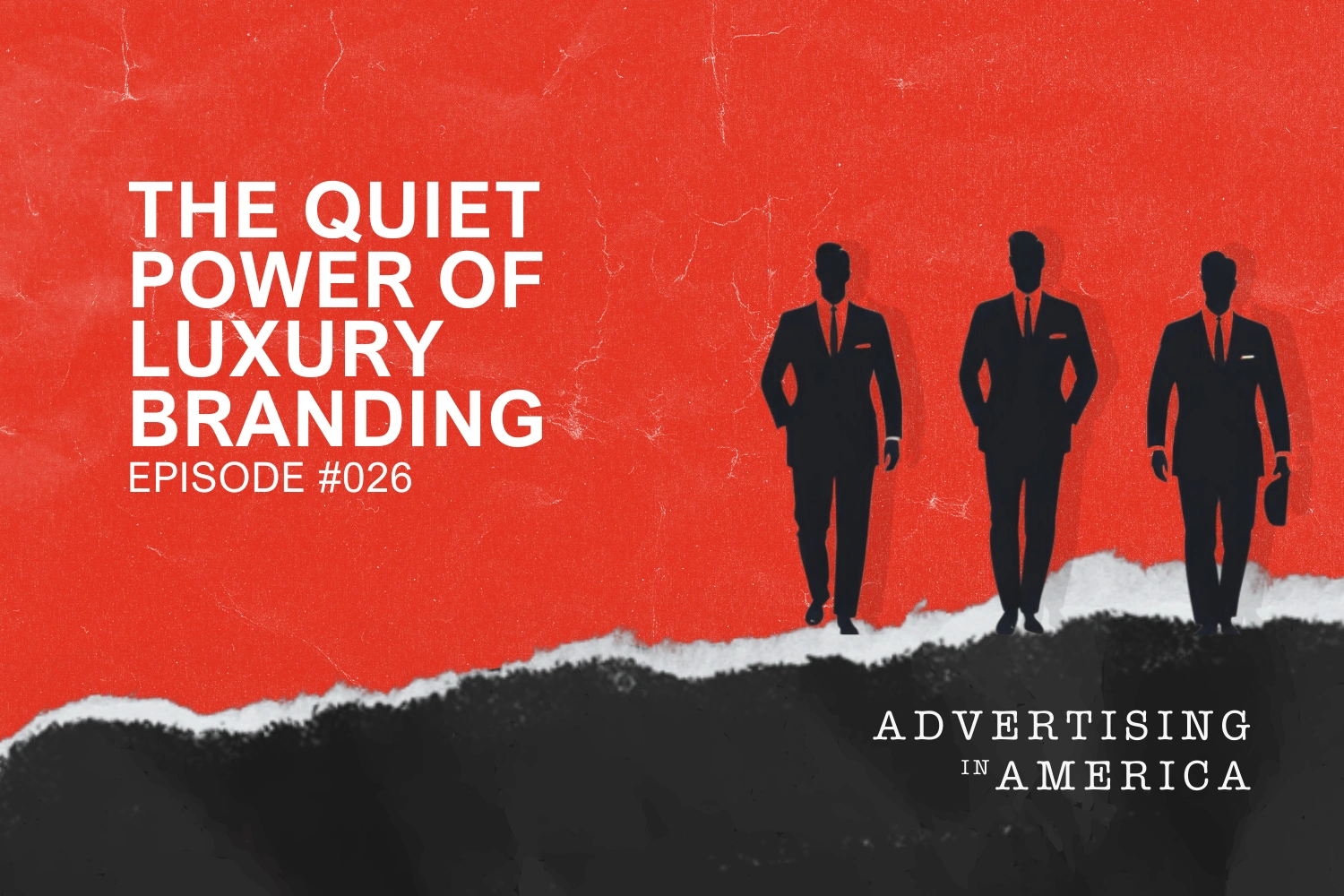

.webp)
.webp)
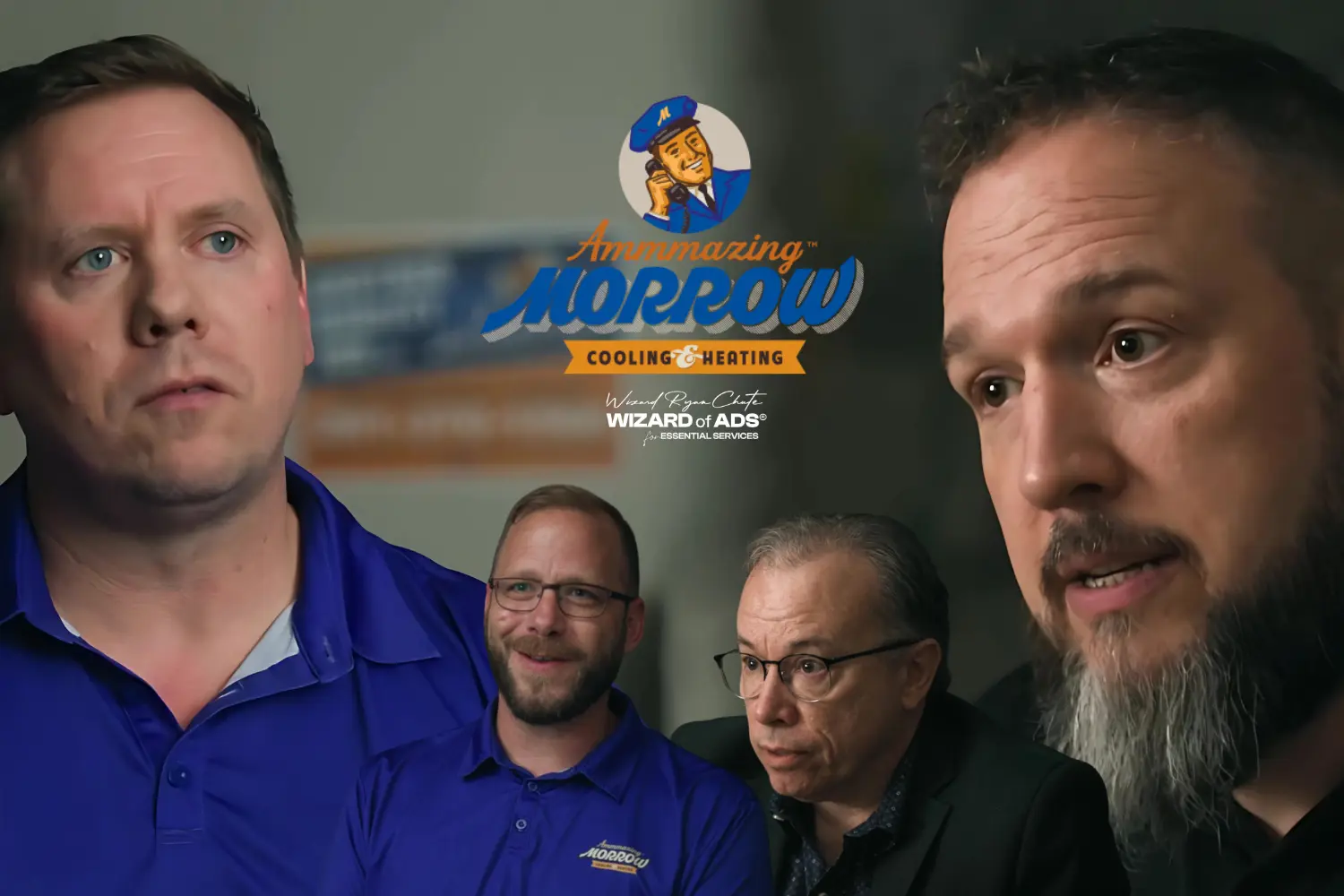
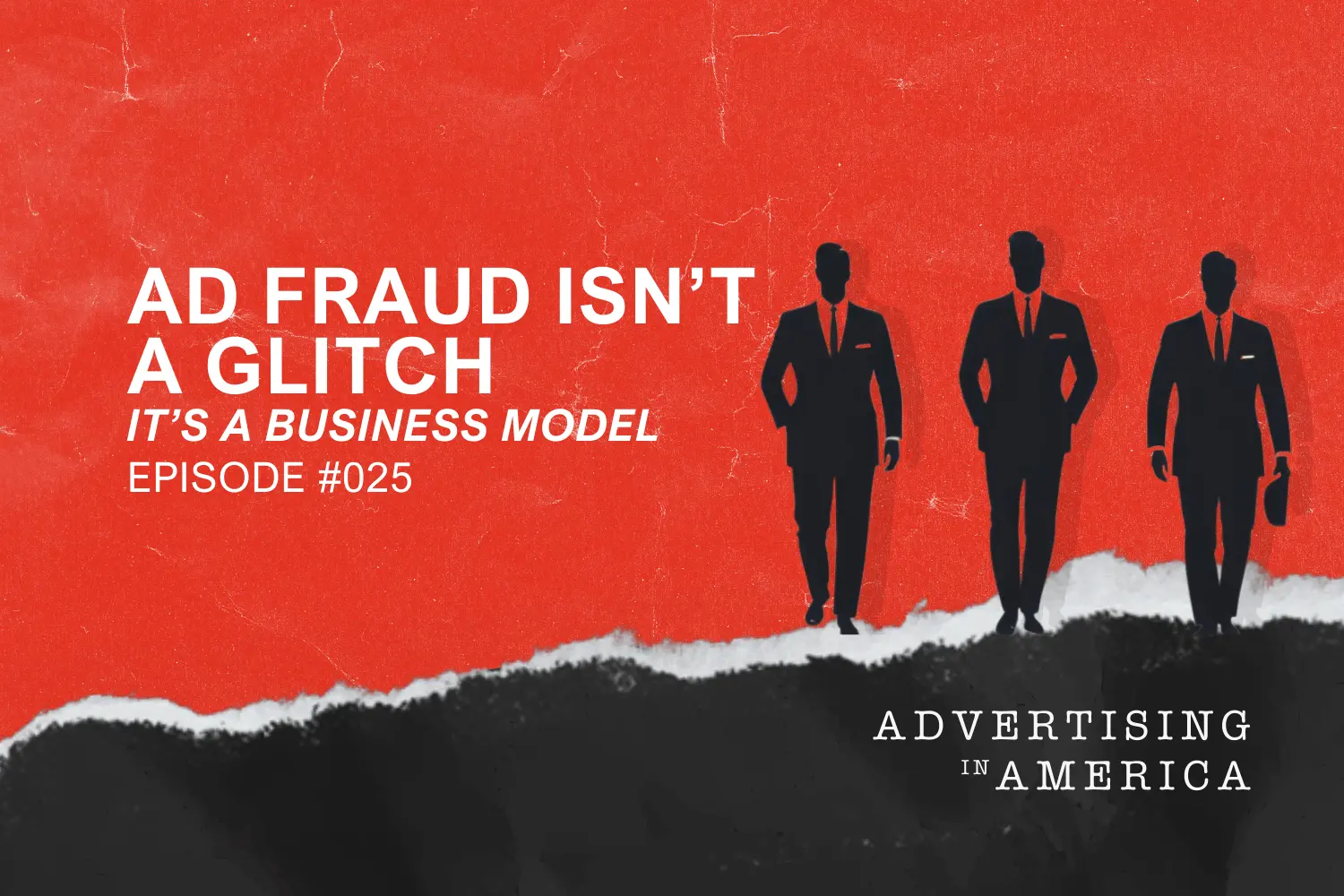
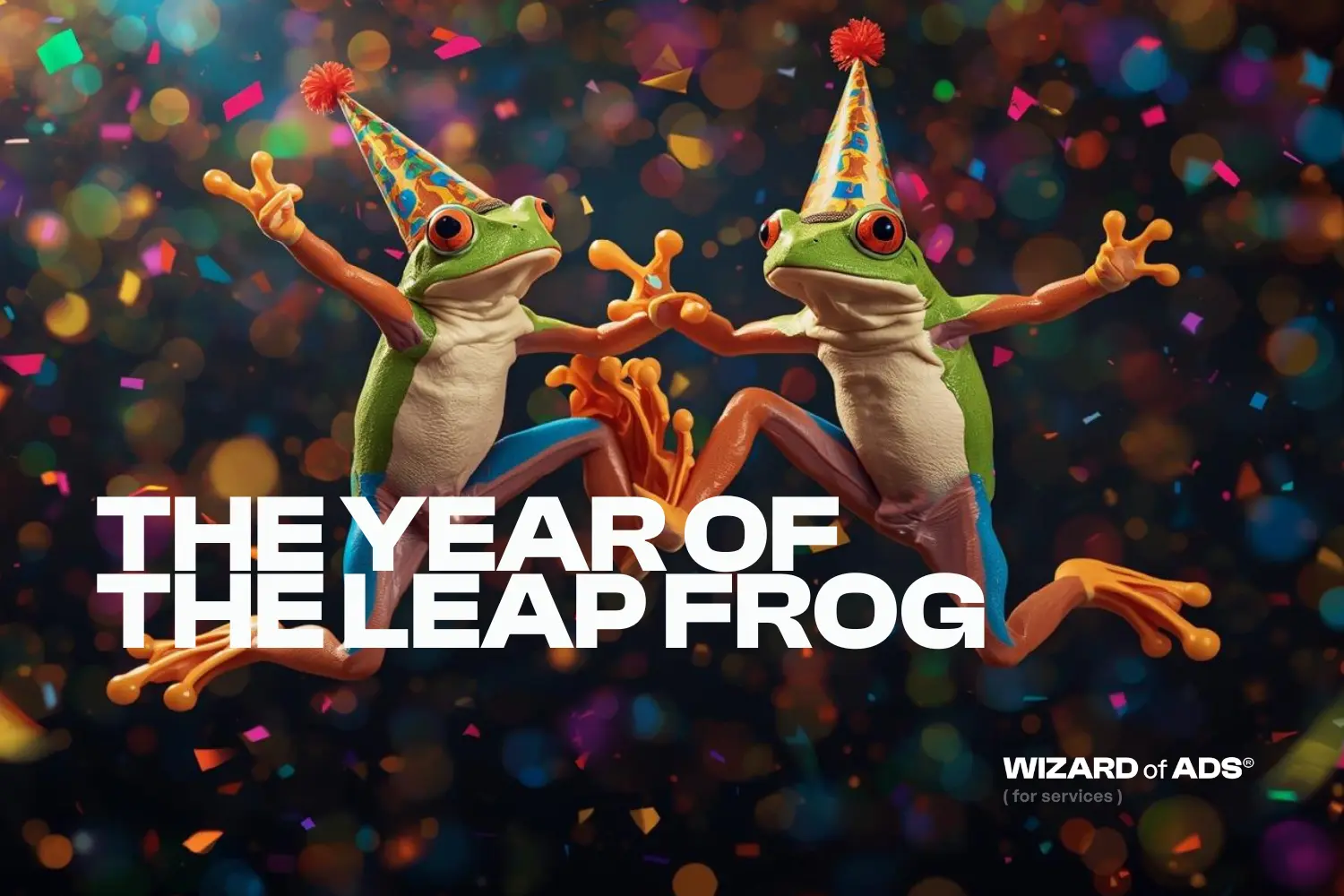
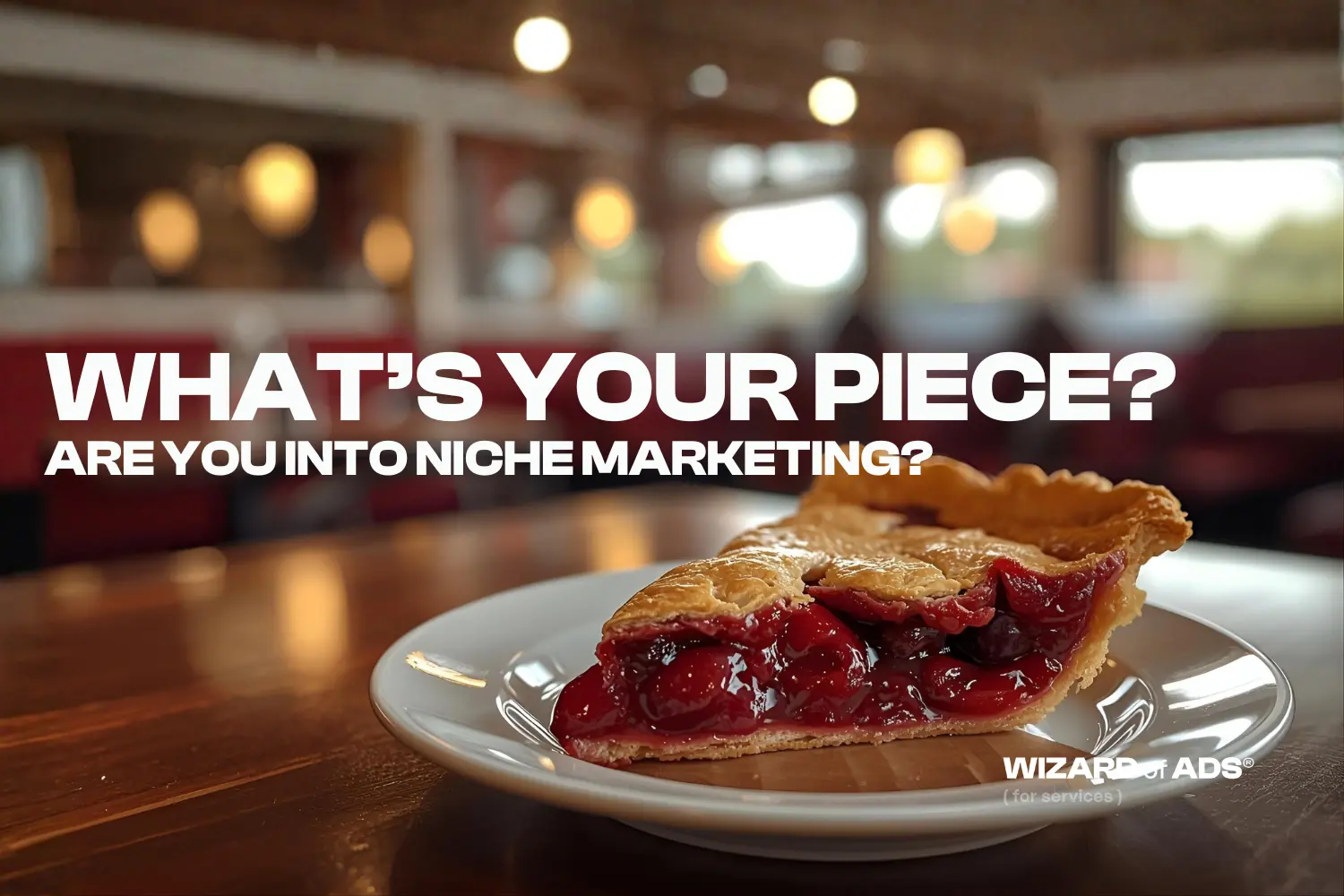
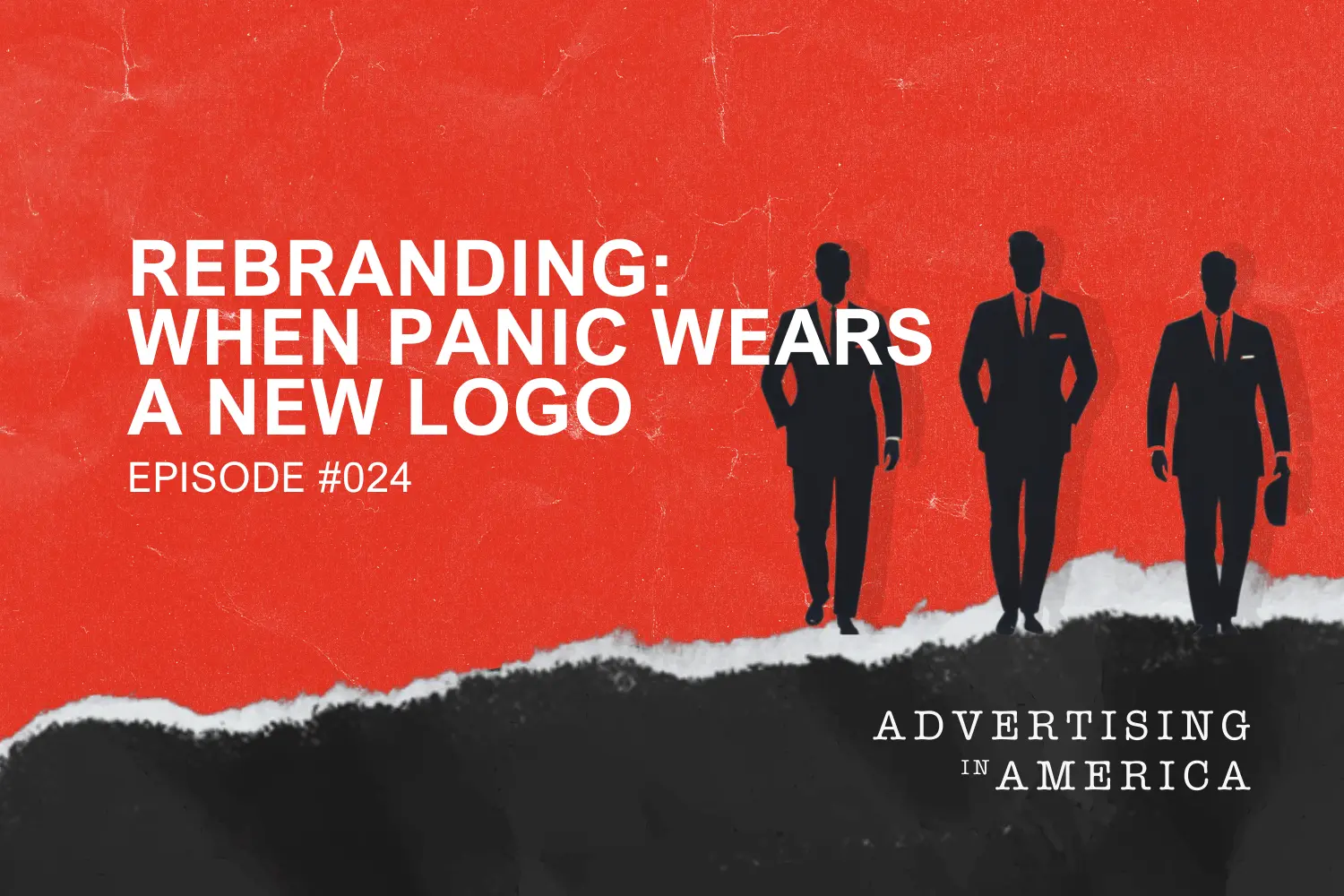






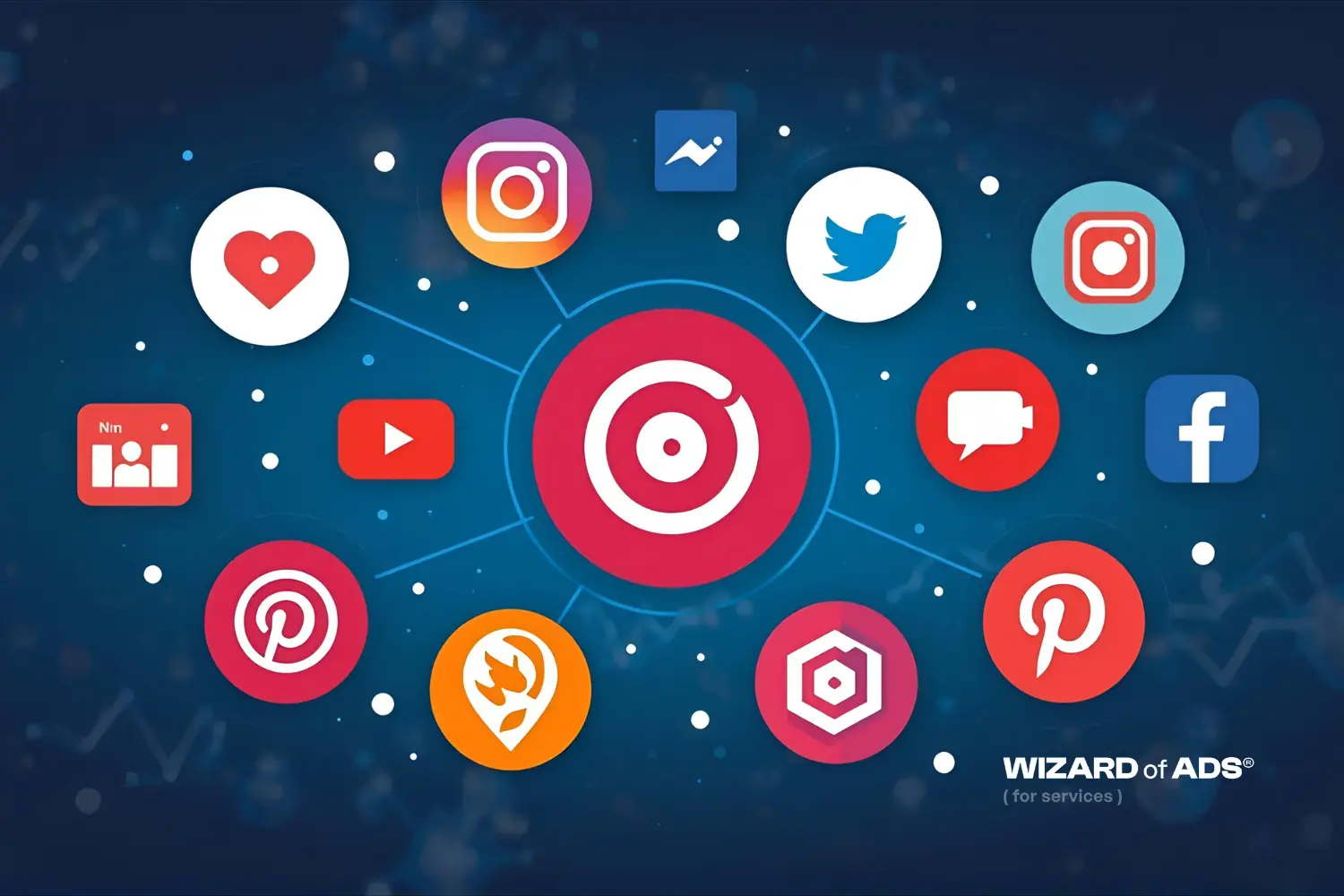

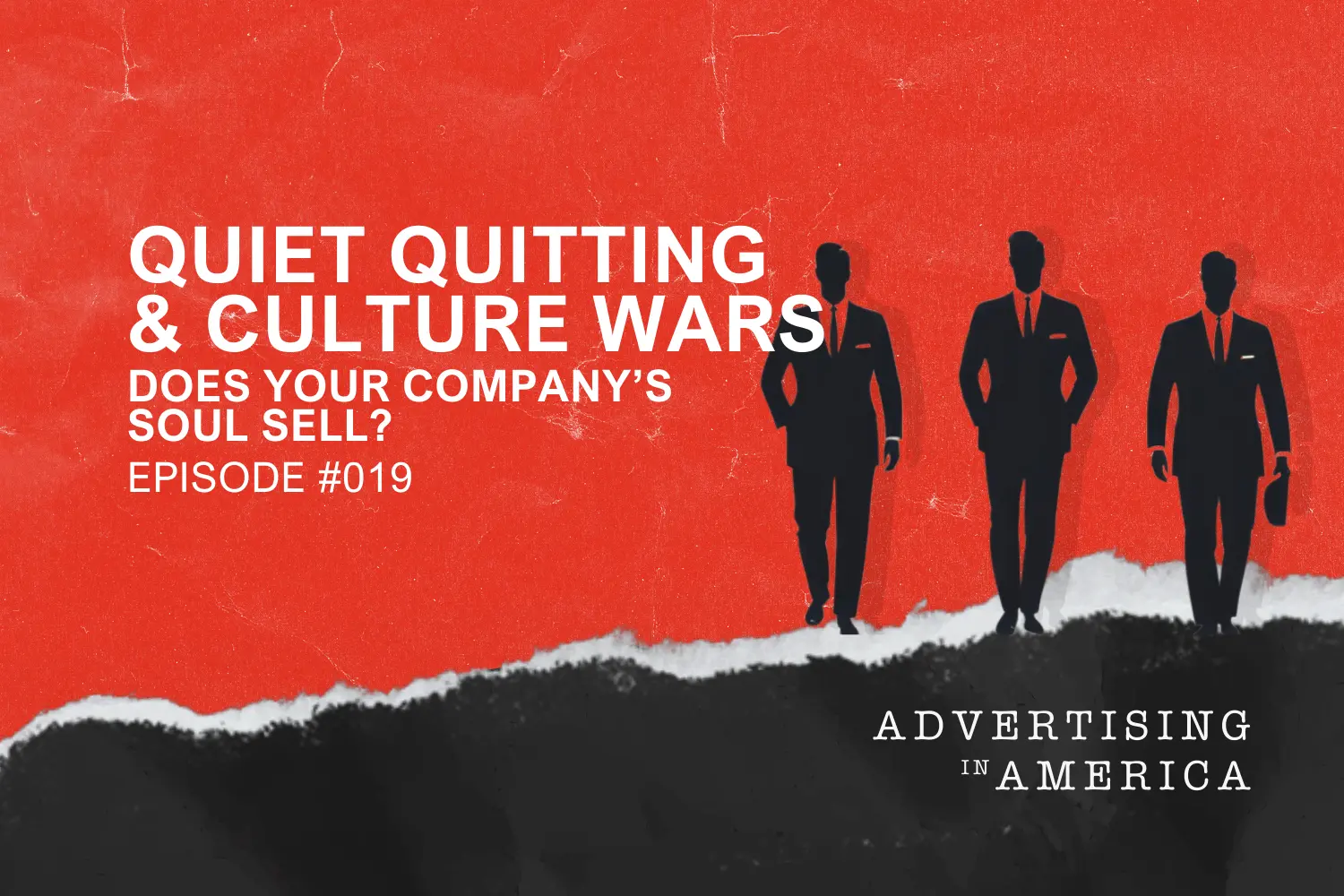
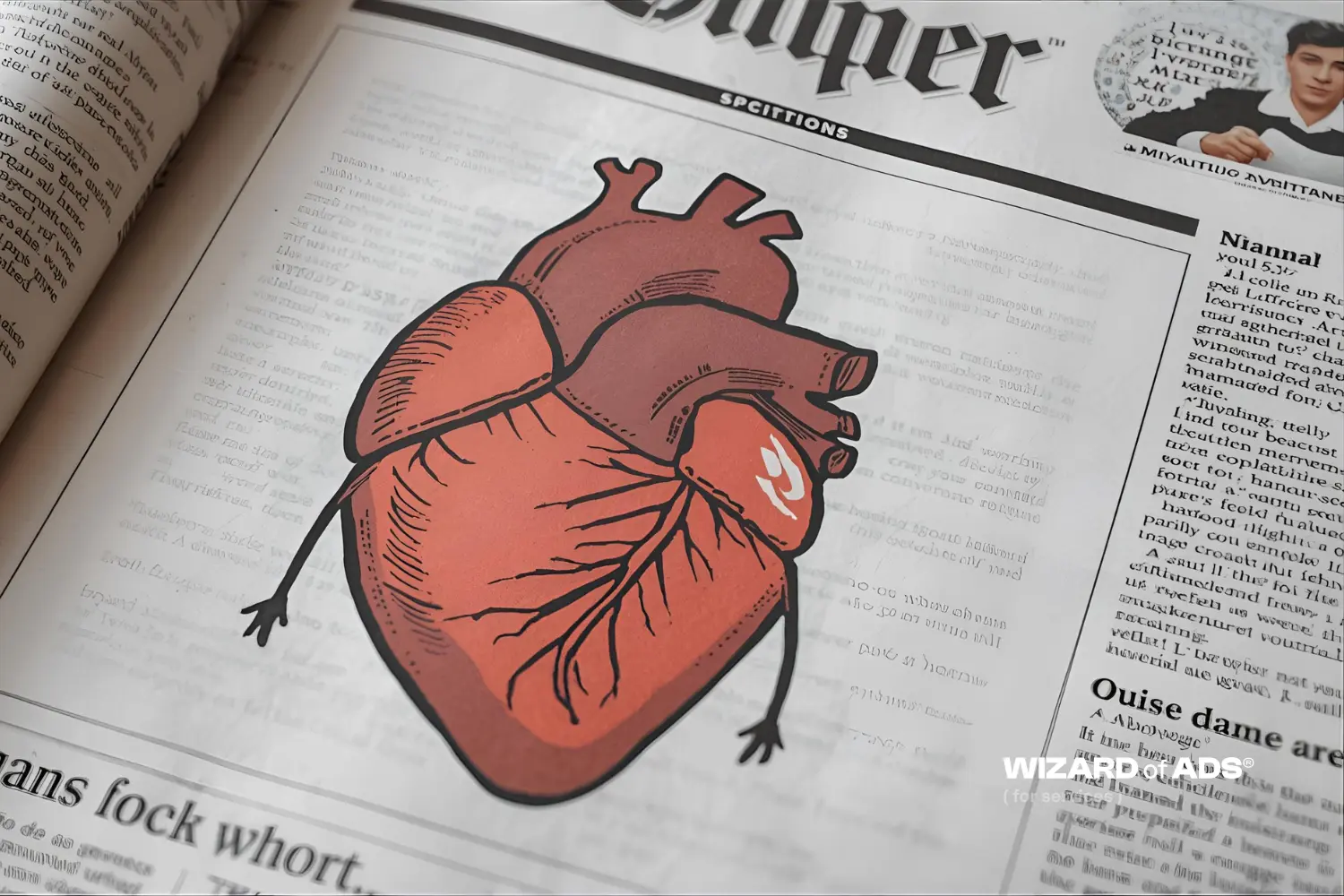

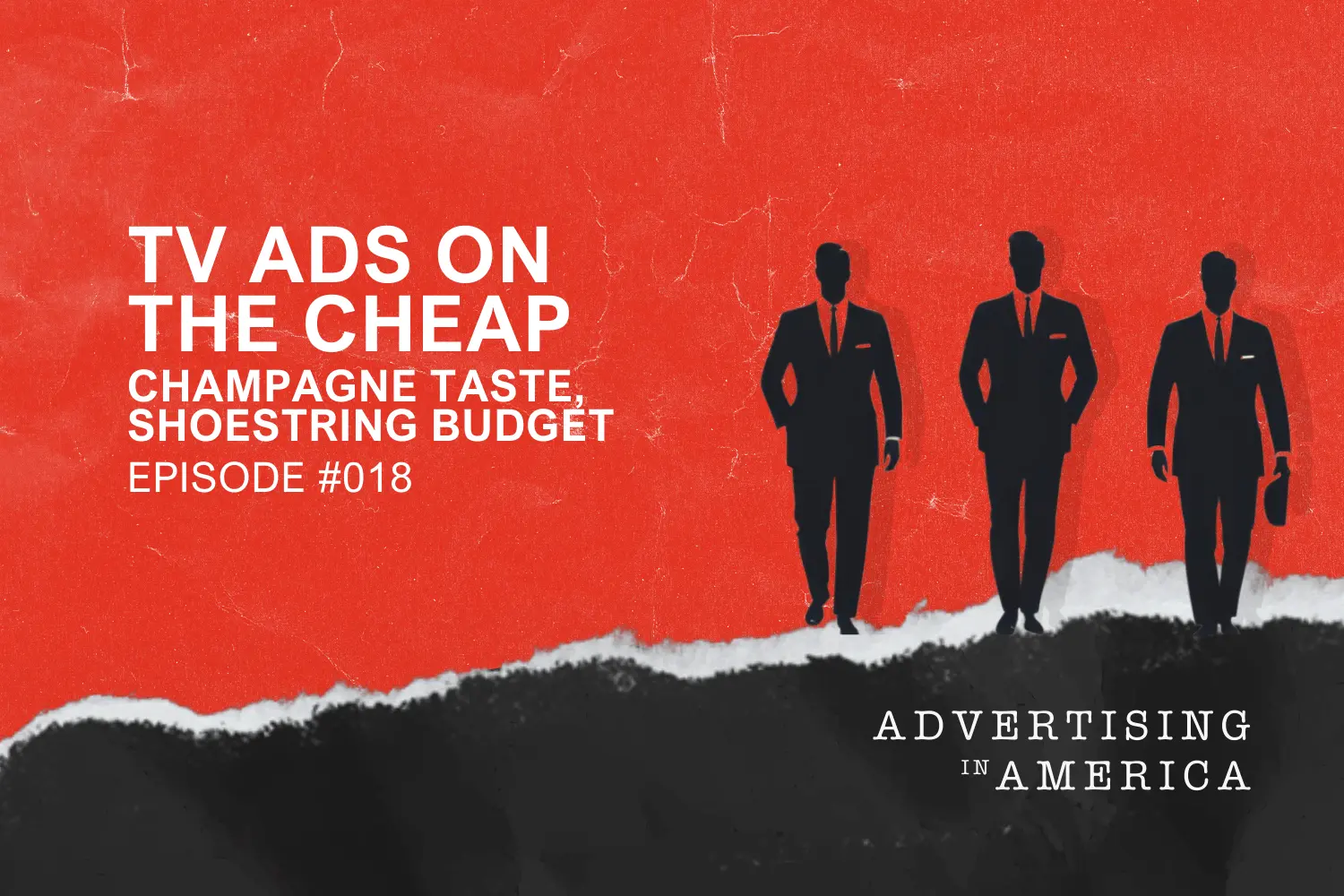

.webp)
